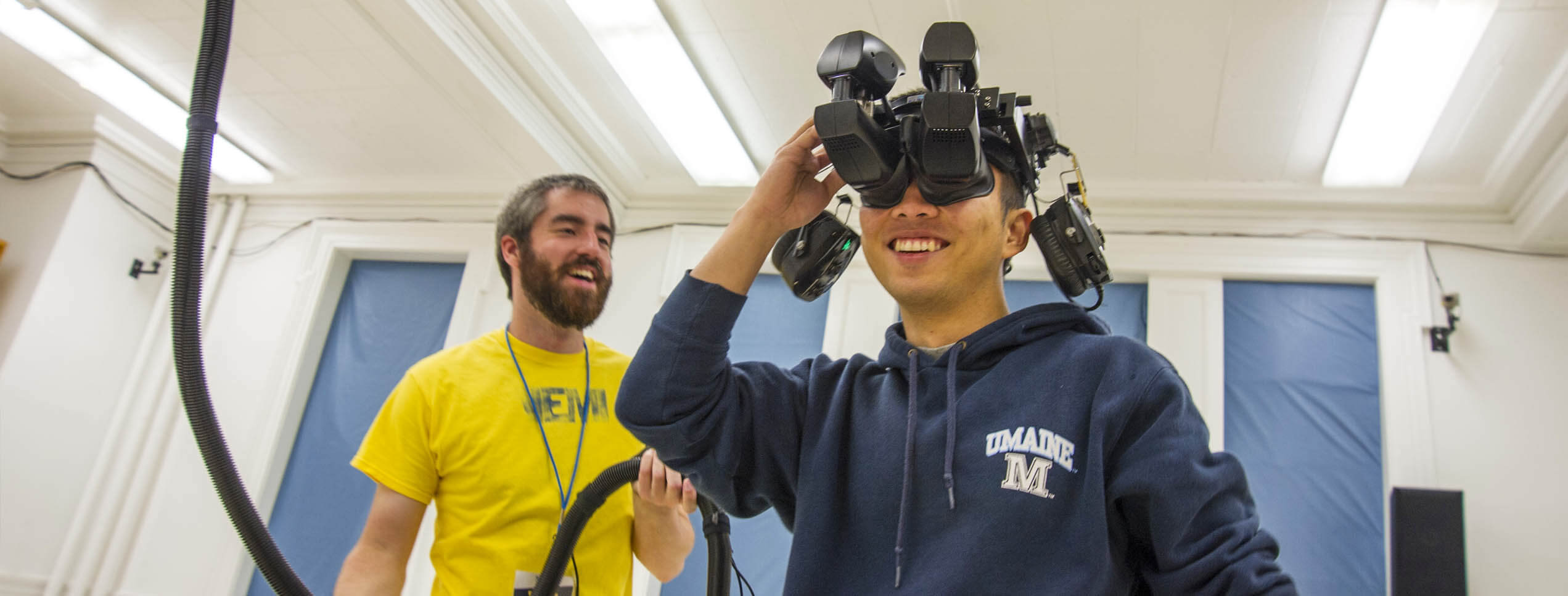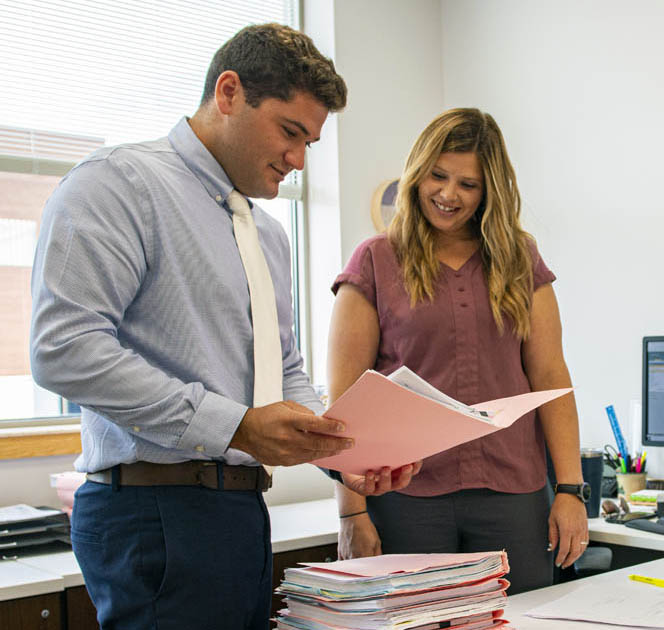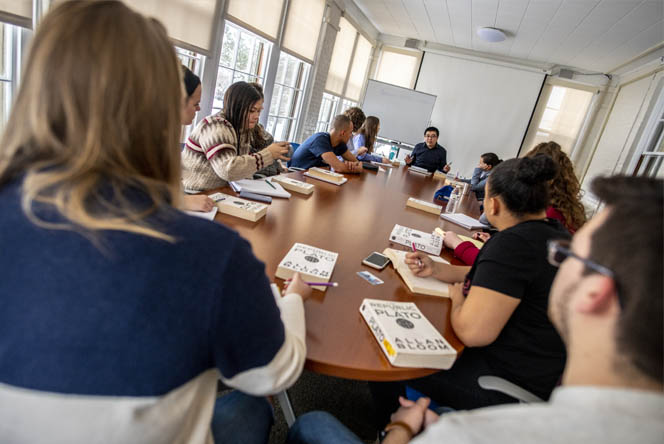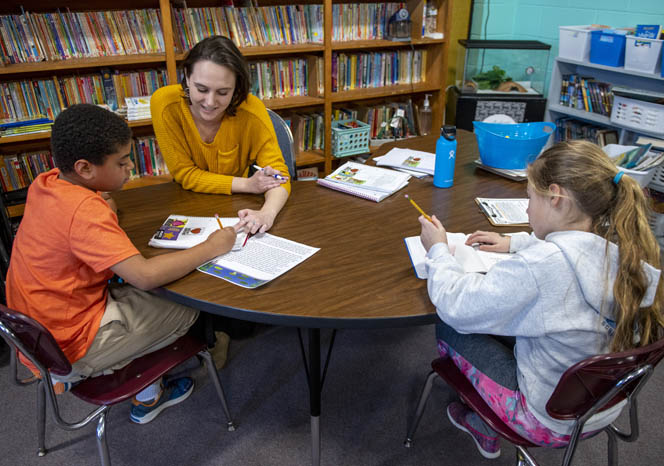
Multimodal Exploration
UMaine has proven itself to be nimble and flexible in response to a rapidly changing environment. It should continue to pursue innovation in higher education for the benefit of its students and Maine’s knowledge-based economy. UMaine should adopt dynamic learning models through a mix of classroom learning, laboratories, internships, interaction with the community, and interdisciplinary perspectives and projects.
In addition to its traditional degree programs, UMaine should also explore new delivery models that allow for customized courses of study that tailor ongoing learning pathways for non-traditional students. This could include offering shorter eight-week course modules, micro-credentials, and other innovative pedagogical approaches. UMaine is and should be seen as a site for learning across the lifespan.
Focus Areas
- Interdisciplinary Classroom Experiences
- Internships and Co-op Programs
- Experiential Learning
- Research Experiences for Undergraduates (REU)
Recommendations
Adopt model of dynamic learning through MIX of classroom, lab, internships, interaction with community, interdisciplinary perspectives — VEMI model.
Demonstrate leadership in interdisciplinary research and learning.
Embed experiential learning opportunities in courses and programs.
Commit resources to creating Centers of Excellence.
Technology pushes you toward people who look like you, think like you, have similar interests. Universities need to foster values of global competency including understanding the connectedness of activities, and demonstrating socio-emotional skills. The best predictor of socio-emotional skills lies in whether students have met people from other countries, diverse backgrounds and cultures.
Reconstruct General Education program around a problem-based focus. Students would choose an interdisciplinary track focused around one of these problems and pursue it with a cohort of peers. Examples of tracks could be climate change, social service provision, education reform, DEI, changing technology, education for Real Life, etc. RLEs could also be a part of this work.
Increase number and centrality of co-op programs and “real-world problems” courses that: 1) connect students to activities/responsibilities pertinent to their future jobs/life responsibilities, and 2) connect them to a network of mentors inside and beyond the university.
Develop mosaic mentorship and networking programs that partner with other UMS campuses and DEI-focused organizations in the state and nationwide.
Develop a climate response ecosystem for our students through paid internships, work-study, graduate assistantships and other experiential learning opportunities for students that are focused on addressing climate change..
COVID-19 moving us to virtual communications has enhanced our abilities to collaborate without geographic limitations. Some classes and collaborations work well on-line, others less so. How can UMaine use what we have learned to build resiliency?
Use virtual technology to expand internship opportunities regionally, nationally and (potentially) internationally. This could also support diversity, equity and inclusion efforts through new partnerships.
Develop more co-op style programs (including in the humanities and social sciences) that allow students to receive course credit while exploring professional and/or service learning experiences. Faculty and students will need support for service learning projects, co-op programs, skill building courses — could be delivered by non-faculty.
Is the traditional model of five classes and two semesters dated? Would shorter modules and/ or trimesters foster more mentoring and deeper relationships between students and faculty (i.e., fewer classes with more depth for faculty may be better for quality and allow more time for mentorship and research experience supervision).





